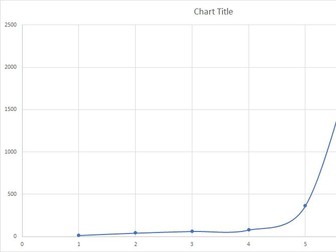Positive and negative feedback loops/Homeostasis
For an interview lesson I did (no, I didn't get the job, but got good feedback about the lesson!).
Starter game gets the students to be a positive and negative feedback loop.
Main activity: I put two unlabeled loops, with the cut out labels in an envelope, with the worksheet stuck on the envelope. I also put blu tak in the envelope for them to stick the labels on. I laminated all of the things.
I also left them with an article for wider reading, the link to the original is in the word doc.
